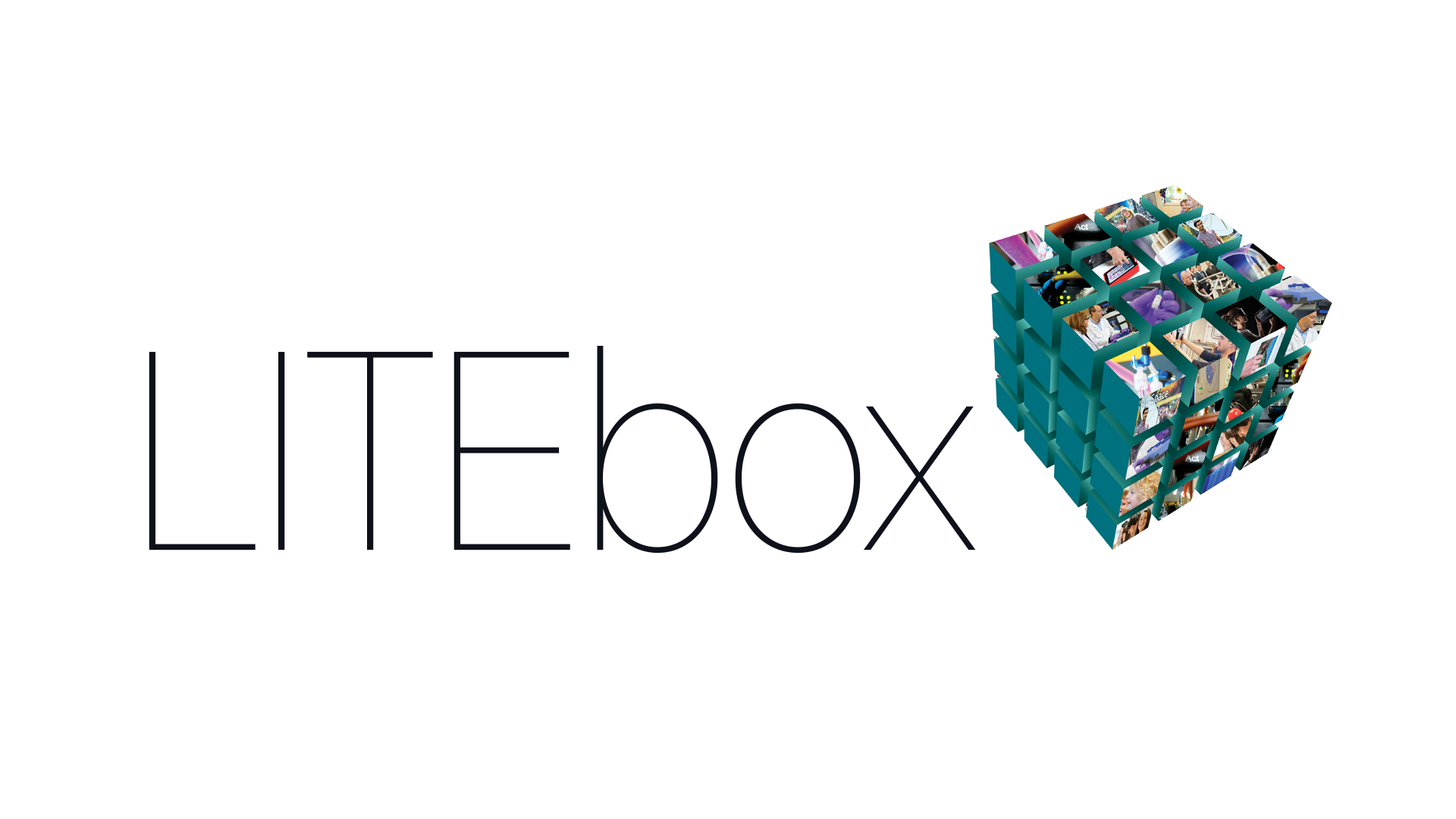Staff involved
Rachid Hourizi, Dept of Computer Science
Julian Padget, Dept of Computer Science
Marina De Vos, Dept of Computer Science
Alan Hayes, Dept of Computer Science
What problem did you hope to solve?
With increasing cohort sizes each year there is increasing pressure on marking for both academic staff and PhD students who help with marking. Students also enjoy knowing that their marking is standardised, so developing an approach to marking that could incorporate more standardisation was of interest.
What was done and what technology was used?
Software was developed under a TDF project to facilitate automatic marking of computer code. Code marking can be split into code that is marked subjectively, and code that is marked objectively. Subjective marking would include readability, comments, stylisation, etc., and objective marking would be checking for specific outputs compared to various different inputs. It is the objective marking which has been automated.
Students upload their data to Moodle from where it is automatically retrieved and processed, then code for each student is automatically ran through a small series of tests and feedback given to the marker. The marker still has to mark the subjective aspects of the code and provide this feedback on Moodle.
Next steps of this project are to develop the software further to release formative information to the students, so that they can have feedback on their assignments before submission deadlines and without and input from staff.
If you would like to know more about automatic marking, or would like to trial it within your department, please contact Rachid Hourizi: r.hourizi@bath.ac.uk
Respond


